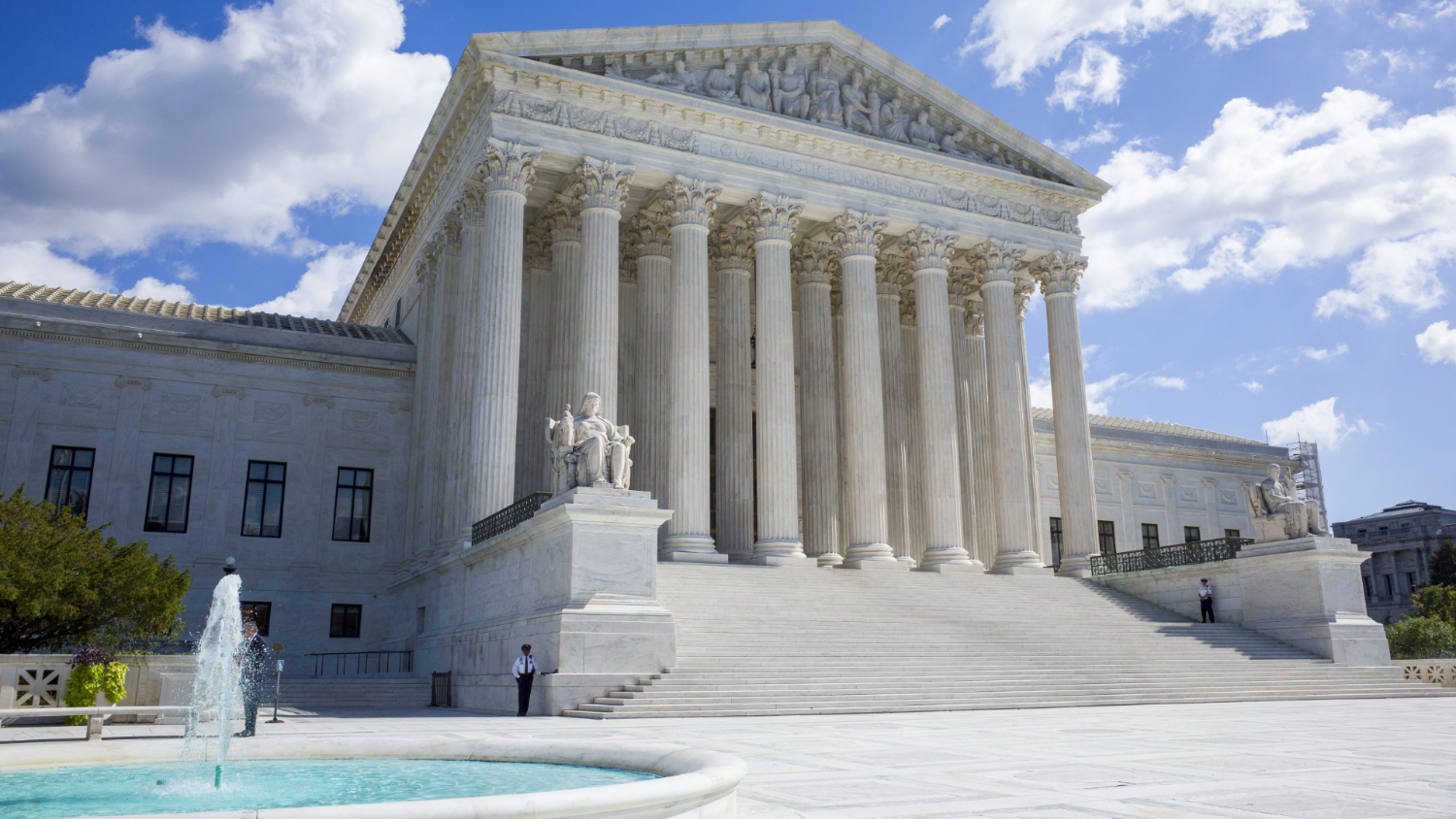In a unanimous ruling, the Supreme Court held that the Federal Trade Commission (“FTC”) lacks authority to seek equitable monetary relief in cases brought in federal court under Section 13(b) of the FTC Act. Section 13(b) expressly authorizes the FTC to seek injunctive relief in federal district court for violations of Section 5 of the Act. However, for many years, the FTC also has pursued monetary relief in the form of disgorgement and restitution in its proceedings in federal court. Although this decision provides little consolation for parties already subject to such orders, this change is likely to impact parties engaging with the FTC in the future.
Writing for the Court, Justice Breyer explained that Section 13(b) does not authorize federal courts to award equitable monetary relief because a “permanent injunction” is distinct from such relief. The Court rejected the FTC’s argument that the provision includes restorative monetary relief, stating instead that the provision focuses on “prospective relief.”
The underlying dispute arose here from an FTC complaint against AMG Capital and Scott Tucker for allegedly deceptive payday lending practices. The district court granted the FTC’s request for Tucker to pay $1.27 billion in restitution. The order was upheld on appeal, and AMG Capital requested that the Supreme Court weigh in on the FTC’s authority. Upon review, the Supreme Court reversed the Ninth Circuit’s judgment (and upended similar case law in other circuits) and remanded the case for further proceedings.
Notably, the Court’s decision does not preclude the FTC from seeking monetary relief in all cases. Under Sections 5 and 19 of the Act, the FTC may seek monetary relief on behalf of consumers when engaged in administrative proceedings and in connection with cease-and-desist orders. Historically, one of the reasons that the FTC would choose to pursue action in federal court was as an alternative to the FTC’s often time-consuming and burdensome administrative process.
Absent legislative intervention, privacy proponents argue that the ruling in AMG Capital Management, LLC v. Federal Trade Commission significantly curtails the FTC’s enforcement powers. While the FTC has recently asked Congress for broader authority, it remains to be seen whether Congress will grant the request in light of the Court’s decision. While awaiting Congressional action, this decision also means that it is possible the FTC will lean more heavily on its administrative process where it believes monetary relief would be warranted. The FTC might also explore more joint investigations with state regulators, such as Attorneys’ General, who may have statutory rights to obtain broader equitable remedies, such as restitution and disgorgement, through more straightforward administrative procedures.
This ruling may have a particularly significant impact on companies that are just at the outset of an FTC investigation. Given that the FTC has lost the ability to seek disgorgement or other equitable monetary relief – this could offer greater leverage in settlement discussions, or it could result in the enforcement action taking a previously unexpected path through administrative litigation.





